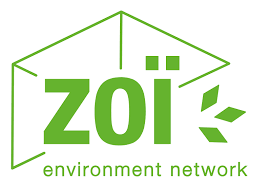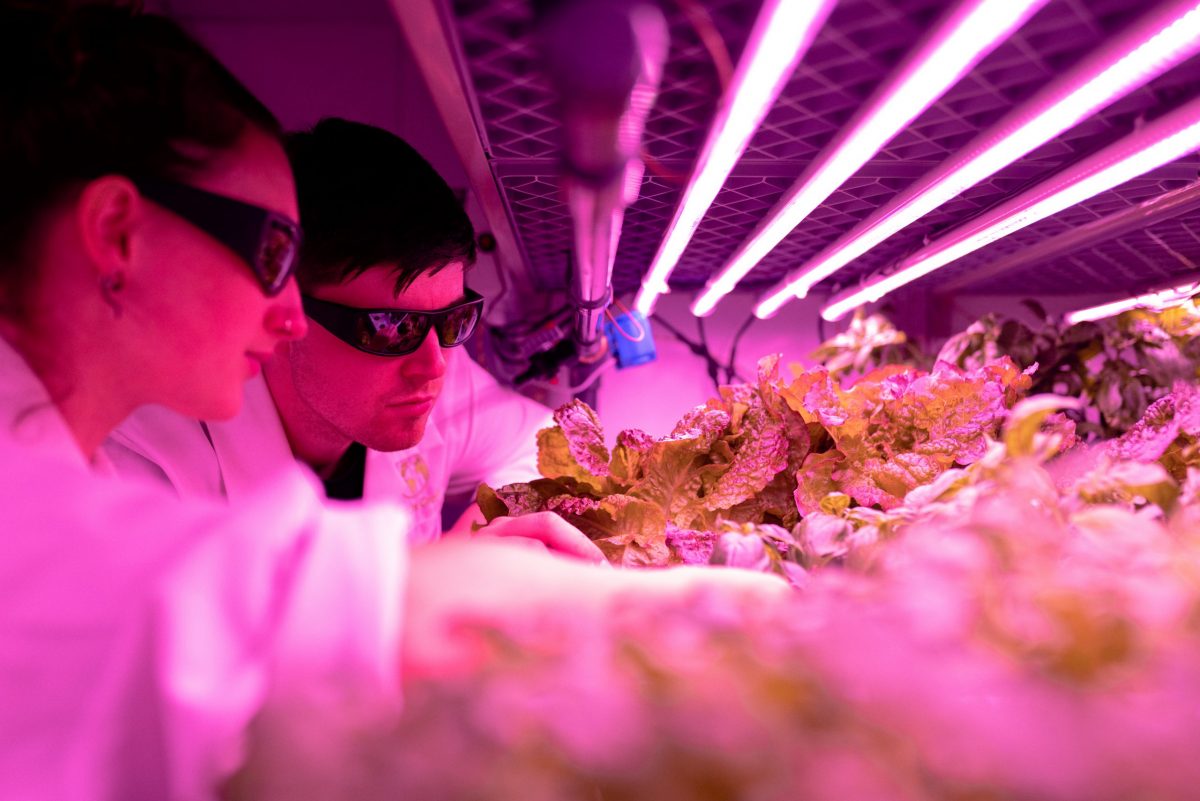The US Government recently made a headline-grabbing commitment to a 50% reduction in carbon emissions, while the UK committed to an even steeper 78% carbon reduction by 2035. So the question on everyones’ lips is how to achieve this while ensuring economic growth continues? The solution to marrying a low carbon future with answering our continuing energy needs lies in innovation and the ideas of many brilliant startups now seeking funding.
For our latest in depth focus article, Olivia Sibony, CEO of SeedTribe takes a look at sustainability and the development of startups that have the power to help save the planet. Olivia has recently been recruited by the Government to advise on the impact-focused startups we should be encouraging to set up in the UK.
THE NUMBERS
Size of market
The global Green Technology and Sustainability market size is anticipated to grow from USD 11.2 billion in 2020 to USD 36.6 billion by 2025, at a Compound Annual Growth Rate (CAGR) of 26.6% according to Report Linker
On the platform
– Renewables became the 11th most popular keyword for searches in the past year, a rise of 37 places compared to 2018.
– This trend is being replicated by other popular keywords being used at the moment. During the pandemic Greentech became the 13th most popular keyword, up from 47th two years ago.
What is the reason for the soaring interest in sustainable focused startups during the past year?
I think the change really started snowballing in 2019. The mood music had changed on the back of consumer activism and changes to government policy. From Greta Thunburg to the Extinction Rebellion there was a concerted effort to ensure climate change became top of the agenda. It worked. Governments and businesses suddenly started making dramatic commitments to cutting carbon. While it might have been expected that investors would be retreating from these categories in favour of safer investment opportunities during the pandemic, the exciting news was these businesses are actually generating more interest from investors.
Concerted government policy worldwide is certainly helping, along with increasing grants from the UK Government to stimulate innovation in this space. In order to hit these ambitious targets, innovation will be critical. Investors know this and so are backing the early stage startups with the vision to help governments and business in general hit these ambitious targets. We are also seeing something of a shift in the investor profiles, with some younger millennial investors coming to the fore who have purpose very much as their watchword. For many investors, rather than a ‘nice to have’ having purpose baked into their business plan is becoming a prerequisite for receiving backing.

What are investors saying about sustainability?
Investors are starting to see ESG measurements and reporting being embedded into listed companies and realising that the more they invest in companies that do this from the outset, the better chance they have of succeeding as they scale. It’s important to note that a lot of investors are interested in this segment but struggling to understand it, as there’s a sliding scale of shades of grey in what the “impact” and investment spaces, ranging from profit-first to impact-first.
Our belief is that there shouldn’t need to be a compromise, so that profit and purpose are perfectly aligned and inextricably intertwined. The key difference is that it’s important to take a long-term view as some of the growth may be slower, but in the long term it’s more sustainable so has a better horizon for long-term profit. So investors are interested in this space but need help understanding the change in growth curve. When investors understand that growing consumer demand (culture), coupled with an increase in regulation (policy, systemic change) are driving this growth, it’s a clear path for investment for anyone looking beyond a three year horizon for their investments.
What innovations are most needed to power sustainability?
The three key areas of focus should be circular economy, carbon-capturing technology and renewable energy. We need a big focus on the entire food and agriculture chain where farming needs to capture carbon, food should be produced as close to home as possible, vertical farming practices are further developed, food surplus becomes minimal and a resource to turn into energy. Where water from agriculture is clean and no longer contaminates our waterbeds. We need to focus on trapping heat emissions from carbon and methane in order to slow down the melting ice caps. The quicker the ice caps melt, the more gases and unknown bacteria and viruses will be released and the harder it will be to reverse. We’ve already seen the impacts of one single lone virus and this should be a good incentive for us to not release unknown ones that have been trapped in our ice caps for millennia and have potential to cause incalculable damage.
CASE STUDIES

Zoï environmental network uses its technology to treat and monitor wastewater systems, especially cleaning fats from public drains and pipes. Their core product is an environmentally-friendly system which doses special bacteria to the wastewater system and degrades the fat molecules in the system. The system prevents the development of fatbergs in the sewer & wastewater systems, allowing cleaner water to flow through our systems.

Bionat Solutions is a Certified organic solution applied in the waxing process of fruits, with the aim of providing a longer shelf life without using fungicides or artificial products. The novelty is in the circular alternative made from the same agroindustry residues to increase the useful life of fruits.

Biohm is a multi-award-winning research and development led, bio-manufacturing company. The company enables the use of healthy, environmentally friendly, circular materials like food waste and transforms it into building solutions which can apply across the design and construction industries. This eliminates the concept of waste, demonstrating how business can equitably and ethically work in collaboration with the natural world, industry, academia, government and community.

Zero Carbon Farms has developed a data-driven system 70x more productive than traditional farmland. It uses 100% renewable energy, 70% less water and reduces food miles/food waste. Not only is the produce consistent quality, highly nutritious and herbicide-free, it is also hyper-local and year-round, specialising in subterranean farming.
Join Olivia Sibony on Thursday June 3rd in the next AIN ClubHouse ‘Business as a force for good’ session where she will be discussing how startups can pave the way to a zero carbon future for food production.

